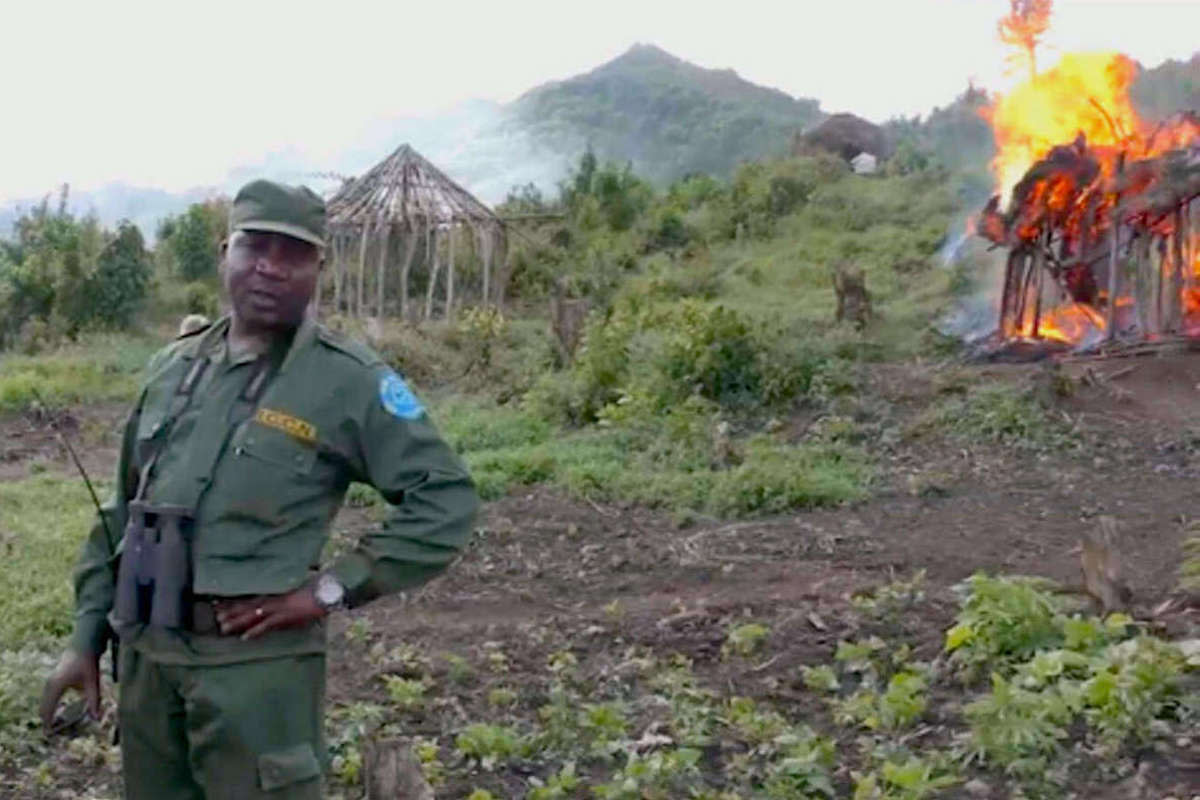Report Alleges UN Complicit in Violent Evictions from World Heritage Sites

A new report alleges the U.N. has been complicit in the violent eviction of Indigenous people from six World Heritage Sites in Africa and Asia.
These sites “are very often the stolen ancestral lands of Indigenous peoples, who are being kept out by force, intimidation, and terror,” said Caroline Pearce, director of Survival International, the group behind the new report. She said that UNESCO, the scientific and cultural arm of the U.N., “must remove World Heritage Status from any such site where abuses are taking place.”
In its 2010 decision on the Ngorongoro Conservation Area in Tanzania, UNESCO said that the “Maasai population and the number of cattle should remain within the capacity of the property.” Indigenous Maasai have since reported arrests, torture, and the theft of their cattle. They also said the government has eliminated health services to motivate them to leave.
“UNESCO’s support is being used to evict us,” one Maasai leader told Survival International. “We are very sick and confused.”
In 2018, UNESCO urged the Democratic Republic of the Congo to “evacuate the illegal occupants” of Kahuzi-Beiga National Park. Officials began removing Indigenous Batwa from the park shortly thereafter. A 2022 report from Minority Rights Group alleged that Congolese soldiers raped dozens of women and killed at least 20 Batwa, including some who were burned alive.
“When they confront us, they rape us,” one Batwa woman, who said she was attacked by soldiers in 2021, told Survival International. “Those of us who will die will die, but the forest is where we will stay.”
The report also investigated the evictions of Indigenous people from Odzala-Kokoua National Park in the Republic of the Congo, Kaziranga National Park in India, Chitwan National Park in Nepal, and the Kaeng Krachan Forest Complex in Thailand.
In a statement to the BBC, UNESCO contested the allegations in the report. It said that respect for the rights of Indigenous people is fundamental to its management of World Heritage Sites.
ALSO ON YALE E360
In New Scramble for Africa, an Arab Sheikh Is Taking the Lead

